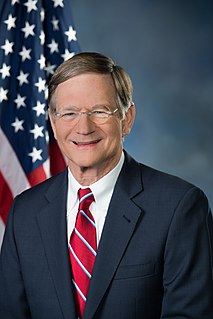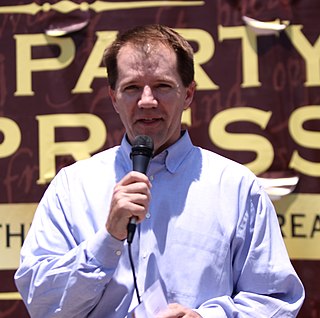A Quote by Jeff Greenfield
One of the litmus tests for judicial conservatism is the idea of judicial restraint - that courts should give substantial deference to the decisions of the political process. When Congress and the president enact a law, conservatives generally say, judges should avoid 'legislating from the bench.'
Related Quotes
I have no doubt that if confirmed, Judge Gorsuch would help to restore confidence in the rule of law. His years on the bench reveal a commitment to judicial independence - a record that should give the American people confidence that he will not compromise principle to favor the president who appointed him.
Conservatives . . . may decide to join the game and seek activist judges with conservative views. Should that come to pass, those who have tempted the courts to political judging will have gained nothing for themselves but will have destroyed a great and essential institution. . . . There are only two sides. Either the Constitution and statutes are law, which means their principles are known and control judges, or they are malleable texts that judges may rewrite to see that particular groups or political causes win.
I do think the whole question of judicial accountability is a complicated one. On the one hand, you want to encourage judicial independence. And it's always, I think, problematic when an unpopular decision triggers a recall election. Because it sends a disempowering message to judges. On the other hand, it's the only way that voters have to rein in someone whose views are really so out of the mainstream of public opinion that they jeopardize the legitimacy of the judicial process.
Some have argued that the President is required to get permission from a federal court before taking action against a United States citizen who is a senior operational leader of al Qaeda or associated forces. This is simply not accurate. 'Due process' and 'judicial process' are not one and the same, particularly when it comes to national security. The Constitution guarantees due process, not judicial process.
Much of the Constitution is remarkably simple and straightforward - certainly as compared to the convoluted reasoning of judges and law professors discussing what is called 'Constitutional law,' much of which has no basis in that document....The real question [for judicial nominees] is whether that nominee will follow the law or succumb to the lure of 'a living constitution,' 'evolving standards' and other lofty words meaning judicial power to reshape the law to suit their own personal preferences.
































